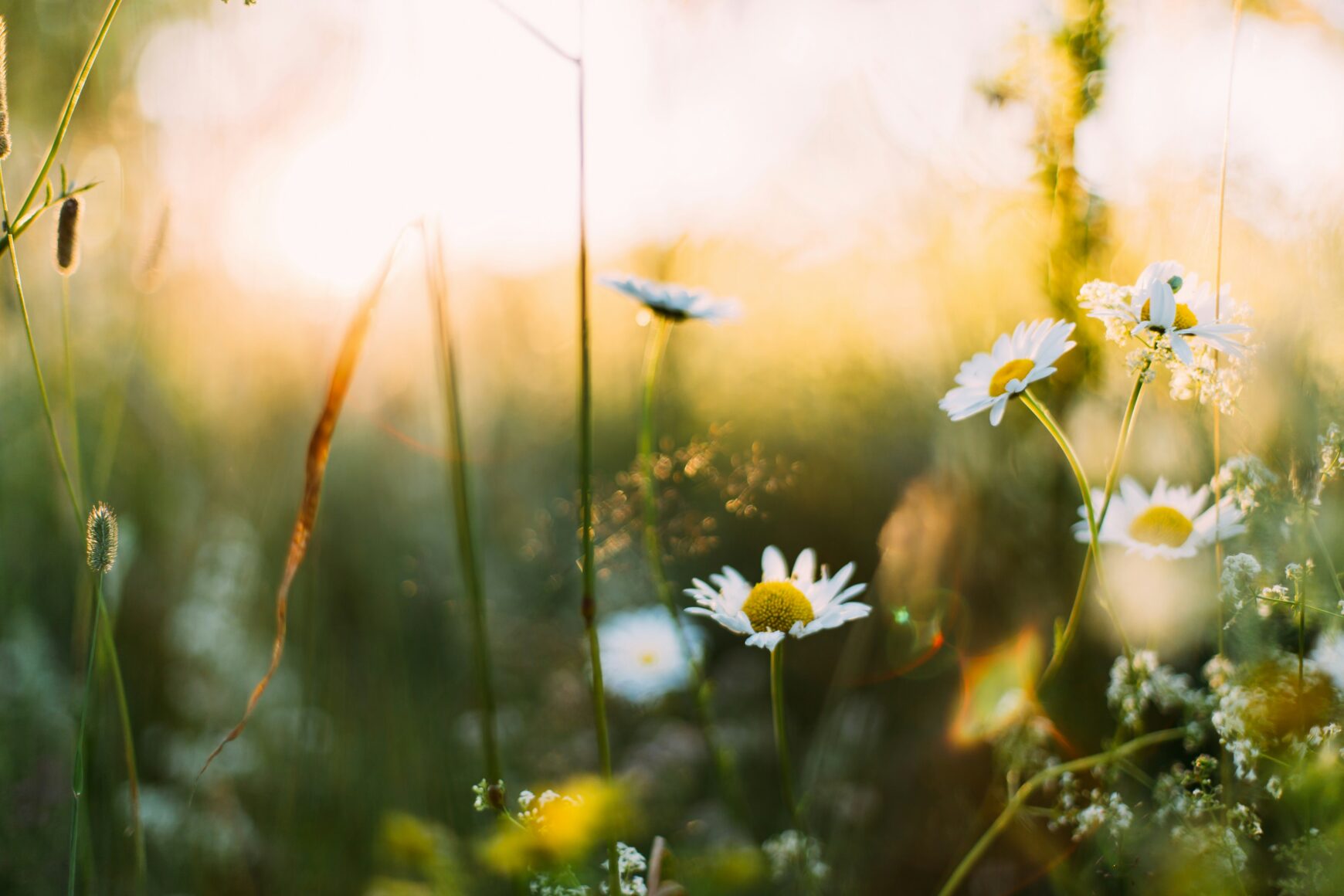The Crisis of Separation: A Call to Reimagine Sustainability

Image Credit: Mayur Gala / Unsplash
1. The Crisis of Separation and the State of the World
As 2024 draws to a close, war, record-breaking temperatures, rising inequality, and political upheaval dominate the headlines. For the first time, global temperatures have crossed the critical 1.5-degree threshold—a long-warned tipping point. Wildfires rage, floods displace millions, inequality continues to rise, and biodiversity loss accelerates. It is hard not to feel despair.
Beneath these visible crises lies something deeper: a crisis of separation—from ourselves, from each other, and from the natural world. This disconnection breeds isolation, hopelessness, and fear, emotions so easily exploited by those who seek to concentrate power rather than redistribute it—deepening the very fractures they claim to heal.
Too often, we shield ourselves from the suffering and destruction unfolding around us, insulated by our privilege. It can feel unbearable to fully witness the anguish of displaced communities or the silence of disappearing species. For many, this is a form of self-preservation—eco-anxiety and burnout are rising as we try to comprehend the scale of the crises we face. And yet, our privilege also brings a responsibility. “The glorious chloroform of our privilege,” as mythologist Martin Shaw so powerfully describes it, numbs us to the discomfort of seeing, hearing, and feeling the world as it really is. Almost by definition, anyone reading this is privileged. The question we must ask ourselves is this: will we confront these deeper truths, or will we choose to turn away?
For years, I have been committed to mobilising collective action, but I have come to realise how much easier that is to say than to do—especially in these fractured, complex, and fast-moving times. The systems we work within incentivise individualism and competition, even as we speak of collaboration. How do we find ways to act on behalf of the collective when so much of modern life pulls us back into acting for ourselves? Some might dismiss this as “just human nature,” but as Jeremy Lent reminds us in The Web of Meaning, humanity’s deepest roots are collaborative, not competitive. It is through connection and mutual care—not isolation—that we have thrived as a species.
Yet, after stepping back from “mainstream sustainability,” I have come to realise this: we cannot address the crises of our time without first addressing the crisis of separation.
2. Time to Reimagine Sustainability
As sustainability professionals, we find ourselves caught on a treadmill. Driven by the urgency of the 2030 deadline and the enormity of the challenges we face, we press forward—but often without the space to pause and reflect. Incremental change may feel like progress, but how often do we stop to ask: does it truly shift the paradigm?
Our addiction to short-term fixes can blind us to the need for deeper transformation—to transcend the systems of extraction, exploitation, and endless growth that we operate within. More and more people are asking the question of whether we, as sustainability professionals, have been co-opted by the very systems we seek to transform.
The paradox we must hold is this: we must act with urgency, but also with the humility to know this is intergenerational work. Like the cathedral builders of old, we are laying foundations for a future we will not live to see. It takes courage to let go of the hubris that we can “fix” everything ourselves, to recognise instead that our role is to turn the corner and work collectively for something greater.
Slowing down is not passivity; it is resistance. It creates space to grieve what is being lost, to listen deeply to wisdom beyond dominant paradigms, and to reconnect with what truly matters. Only then can we find the clarity and courage to catalyse change that is more than cosmetic. So I return with a question: can we reimagine sustainability not as an exercise in maintaining the system, but as a path toward genuine transformation?
3. Ostara: A Positive Disruptor
This journey of reflection has not been easy, and bringing Ostara to life has taken longer than I imagined. But out of this process has emerged a clear purpose: to serve as a positive disruptor within the system. Ostara aims to work with the mainstream while challenging its deepest assumptions, creating spaces where imagination and collective action can flourish.
In January, we will begin projects designed to tackle systemic barriers in two areas: food system transformation and reimagining nature finance. These are spaces we know well, where we have experience, relationships, and momentum to shift the agenda. Partnerships and collaborations are taking shape, and a stellar team is coming together—ready to dive into this work.
At the heart of Ostara’s approach is a process we are calling Imaginal Studios—spaces we are designing to help people step back from the treadmill of urgency and engage in the deeper dreaming needed to imagine the future anew. This is not about quick fixes or ready-made solutions. It is about weaving old and new approaches—bringing systems thinking, collective imagination, and emerging nature connection practices together to co-create with each other and with nature. In these spaces, we can begin to ask the questions that truly matter:
- How do we break free from systems that incentivise extraction and separation?
- What would it mean to design solutions that work for the whole?
- How can we imagine a future that is regenerative, equitable, and aligned with the cycles of the Earth?
Transformation begins by holding space for the unknown—by daring to pause, to listen, and to dream together. This is the work Ostara is committed to: creating spaces where bold ideas can take root and the seeds of a different future can begin to emerge.
4. An Invitation for Reflection and Renewal
The Solstice marks a unique moment in the annual cycle of the year—a time when the sun appears to stand still for several days as it reaches its furthest point in the sky. In the North, it signals the longest night before the days gradually grow lighter. In the South, the sun peaks at its height, marking the fullness of summer.
This turning point offers us a natural invitation to pause—a rare chance to step out of the busyness of modern life and listen to the quiet rhythms of nature. It is not about returning to the past, but about remembering that we are not separate from the Earth. As the seasons shift, we are reminded of nature’s cycles—of rest and renewal, of light and darkness.
At the heart of this reflection is kinship—a recognition that we are threads in a much larger tapestry of life. Our modern lives so often insulate us from this truth, feeding the illusion of separation. Yet as Tom Oliver writes in The Self Delusion, we are profoundly shaped by the communities, ecosystems, and relationships we inhabit. To truly listen is to acknowledge this web of connection and to ask how we might act on behalf of the whole.
So I invite you to pause. To notice the stillness of winter, or the vibrancy of summer. To sit with the questions that matter and to imagine what seeds you might plant for the year ahead.
Let me leave you with a poem, as a quiet offering for this time of renewal:
“You darkness, that I come from,
I love you more than all the fires
that fence in the world,
for the fire makes a circle of light for everyone,
and then no one outside learns of you.But the darkness pulls in everything:
shapes and fires, animals and myself,
how easily it gathers them!—
powers and people—and it is possible a great energy
is moving near me.
I have faith in nights.”
Rainer Maria Rilke

